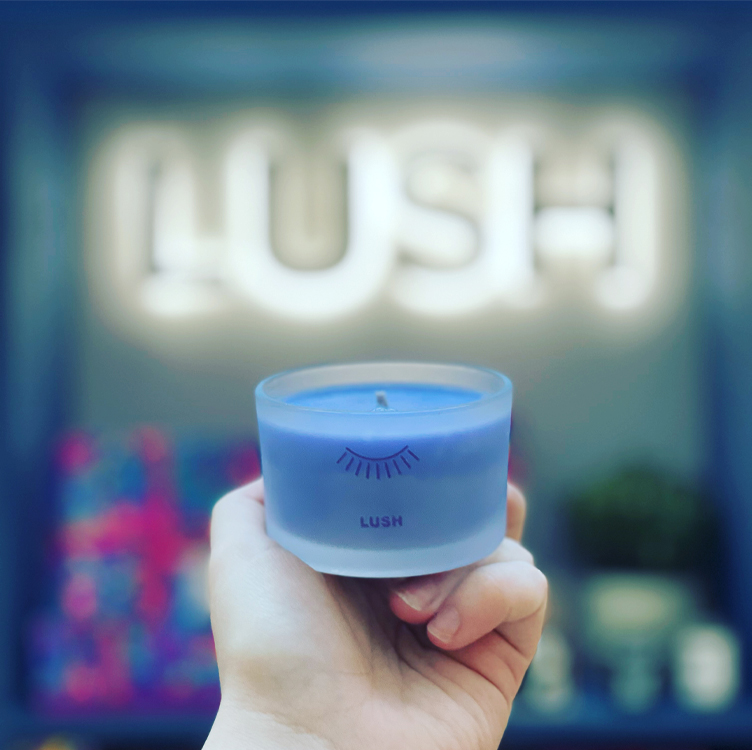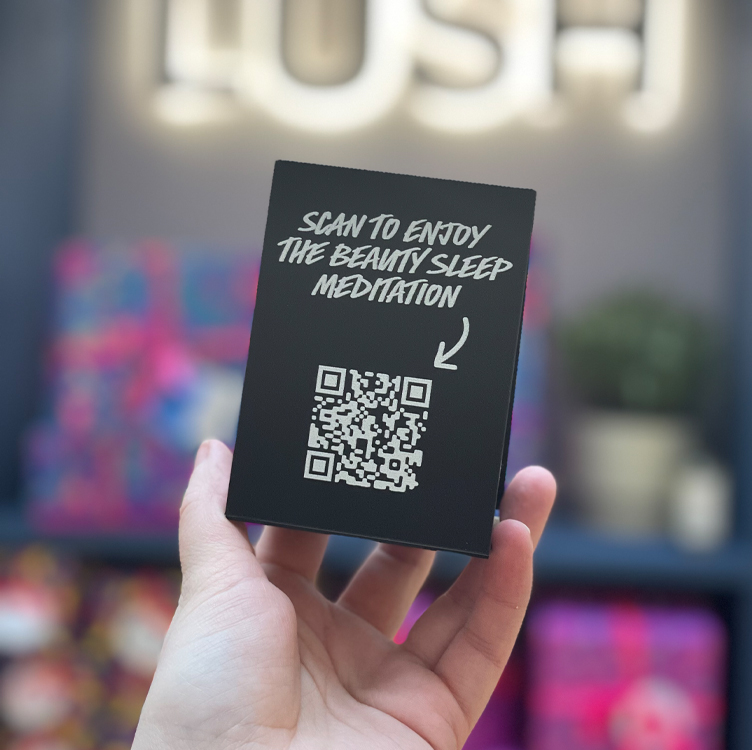Tossing and turning? Hot and bothered? We’ve teamed up to offer some tips for a sounder slumber thanks to the team at Simba
We’re constantly told how important a good kip is for our health. However, if you struggle to get the recommended sleep, this can only add to the feelings of tiredness and anxiety.
As the Simba team recognise, there are many reasons for not getting enough sleep, not least that the nation is home to an estimated 15 million snorers, keeping 78% of partners awake! Lack of sleep and stress are common bedfellows and can create a negative feedback loop that can be self-sabotaging.
Our body temperature and room temperature can have a big impact of our sleep cycle which is regulated by the circadian rhythm and light and dark cycle. Temperature for sleep is important, as the body cools itself down by sending heat away from the core and towards the extremities using vasodilation. Cold feet may disrupt this process, so you may find bed socks will help you to nod off more easily.
No matter the time of year, the ideal sleeping temperature is between 15.5-19.5C (that’s 60 – 67 degrees Fahrenheit). As a general rule, your bedroom should be cooler than other rooms in the house and babies need to sleep in a cooler room (between 16C and 20C).
As any woman aged over 40 will know, trying to maintain a steady temperature all night can prove impossible, with many bedrooms becoming a sweaty, anxious landscape (partner or no partner) in the wee hours.
There’s more bad news for bad sleepers. A higher body temperature is associated with a decrease in restorative REM or slow-wave sleep. During this phase of the sleep cycle, the body ceases most-temperature regulation which makes us more sensitive to the ambient room temperature, and more likely to wake from overheating. Lack of REM sleep leads to grogginess, impacts the immune system, memory, and focus.
And it’s not just hormones, of course: globally, night time temperatures are increasing faster than day time temperatures due to the climate crisis.
So what can be done? Creating good sleep hygiene, and a wind-down bedtime routine without screens has been proven to help, as has opening your windows and cutting back on stimulants. Certain types of mattresses can be warmer than others, so if you’re overheating at night, it’s worth switching from a memory foam mattress to a cooler mattress. Mattresses that promote airflow and use cooling technology can help reduce episodes of overheating and improve overall comfort.
Clever choices of bedding will also help, including The Simba Renew Bio™ fill. The clever sleep experts at Simba have crafted the down-like soft and warm breathable duvet for a non-clammy feel. The fresh, cotton outer features the Stratos® temperature control tech to help dissipate excess heat. We can assure you that this sleep saviour can have you sleeping like a baby (not the best example, as new parents will attest) instead of being at the mercy of those hot night time flushes. It’s also made from recycled PET bottle fibres, biodegrades at end of its life and almost totally dissolves in about two years when deposited in a landfill environment.
Watch this space for more info and a competition to win a Hybrid® Mattress Topper in our March competition.
For more tips or to browse please visit simbasleep.com












